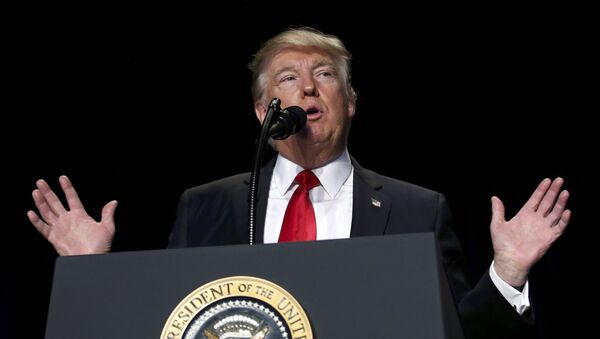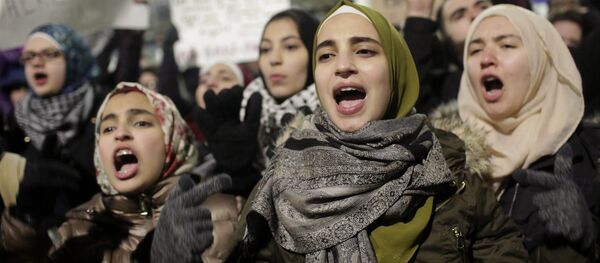The US Justice Department filed a brief with the federal Ninth Circuit Court of Appeals, arguing that the ban is a “lawful exercise” of executive powers. On Monday, the court said 30-minute oral arguments for both sides were scheduled for Tuesday evening. “We’re going to see what happens,” Trump said Tuesday, adding, “we’re well-represented.” When asked if the lawsuit could go to the Supreme Court, Trump said that it could.
A judge appointed by President George W. Bush has temporarily overturned the executive order. The entry of people from Syria, Somalia, Iraq, Sudan, Libya, Yemen and Iran would be “detrimental” over the course of the next 90 days, according to Trump’s executive action.
One fact that has received less media attention is that the order states that the 90-day suspension of new entries is meant to act as a tool to reevaluate current refugee-acceptance programs. The executive order does not state that immigrants from the above-mentioned nations are permanently banned.
Trump reiterated that the ban was essential to national security on Tuesday, before expressing surprise that the order was facing significant legal hurdles. “If you remember, ISIS said ‘we are going to infiltrate the United States and other countries through the migration,’” the President said. “And then we’re not allowed to be tough on the people that are coming in? Explain that one to me,” he said.
“Some things are law, and I’m all in favor of that. Some things are common sense. This is common sense,” Trump added.



